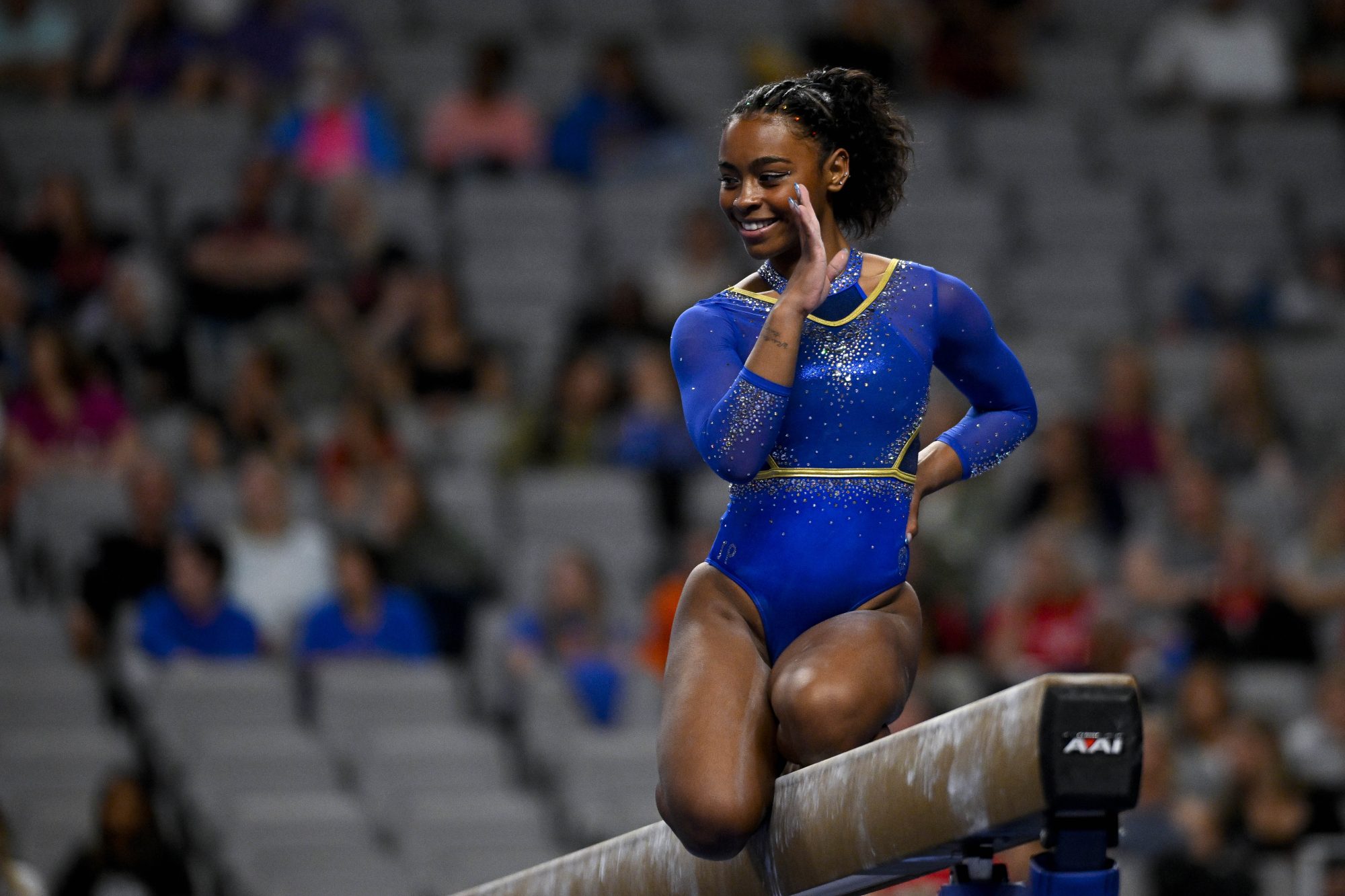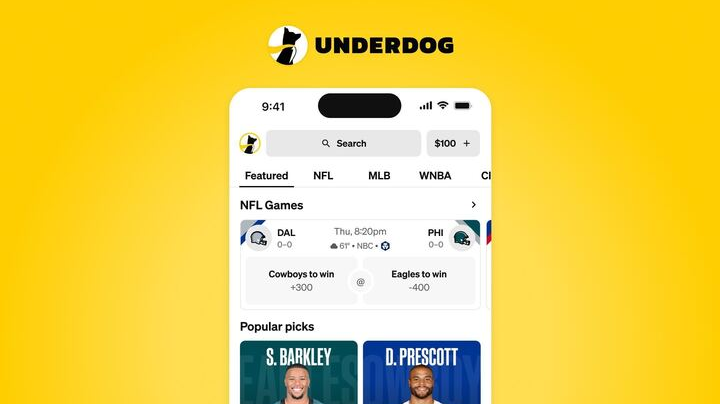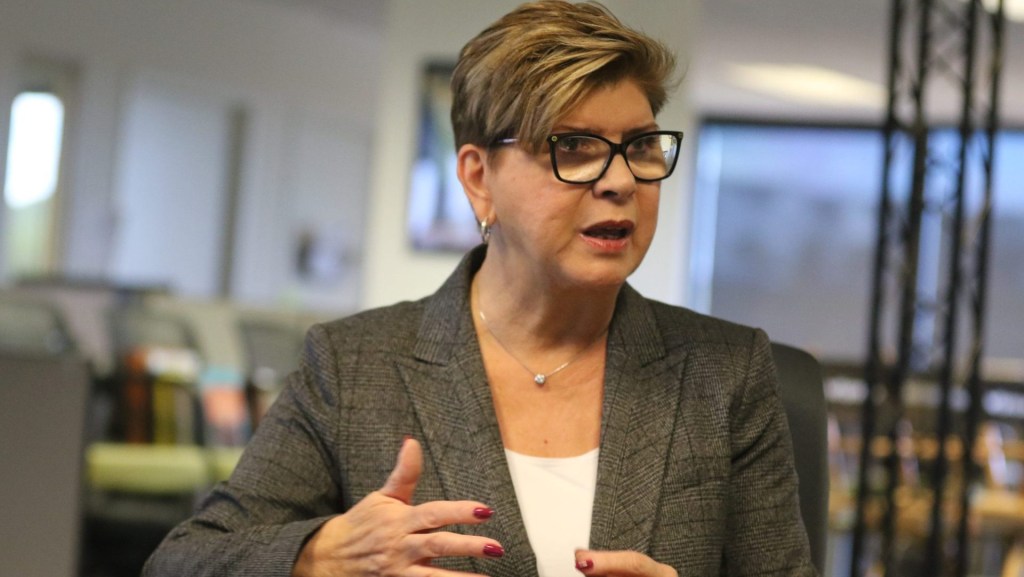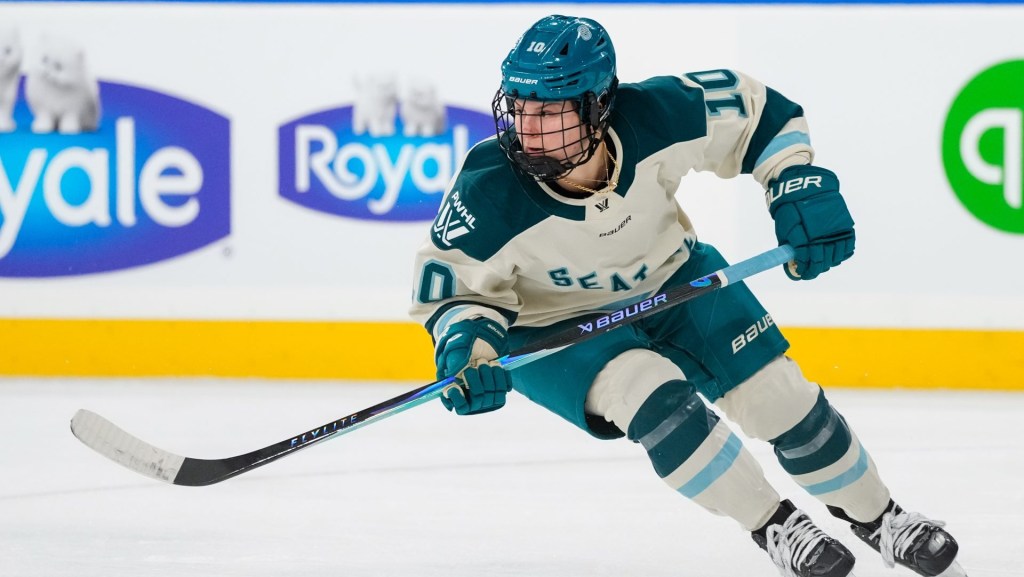The NCAA isn’t the only entity trying to force the terms of name, image, and likeness (NIL) deals to become public.
Last week, the California state legislature passed an amendment to its existing NIL law requiring any deals worth $5,000 or more to be reported to their schools, who will then publicize the information in anonymized data separated by sport and gender. The amendment is currently awaiting Gov. Gavin Newsom’s signature.
The amendment is part of a larger push for NIL transparency. This summer, the NCAA has begun publicizing anonymized data, and is hoping to implement not only a mandatory reporting structure, but also an enforcement arm to block deals seen as “pay for play.” For the NCAA, the goal is to curb the power of NIL collectives.
That’s not the intention of California’s transparency law, however, which is instead focused on gender equity. Sen. Nancy Skinner, who authored the amendment, hopes the reporting requirements will shame companies and NIL collectives into offering more equitable deals to women’s sports athletes.
While data has shown women’s sports athletes have benefited greatly from NIL, they still aren’t earning the same amount of money as their men’s sports counterparts.
“There’s an old saying, ‘Sunlight is the best disinfectant,’” Skinner said in a statement. “Hopefully, the transparency measures … will prompt collectives and other NIL entities to do the right thing and boost funding for women athletes. And if they don’t, and college-backed NIL efforts are shown to be shortchanging female athletes and worsening gender inequity, then policymakers will have the information necessary to level the playing field.”
Skinner is arguably one of the most important figures in the history of NIL. She sponsored California’s original NIL law, which was the first in the nation to be passed in 2019. The law set off a chain reaction across the country with state legislatures passing similar laws, eventually forcing the NCAA to allow athletes to profit off their NIL for the first time.







![[Subscription Customers Only] Jun 15, 2025; Seattle, Washington, USA; Botafogo owner John Textor inside the stadium before the match during a group stage match of the 2025 FIFA Club World Cup at Lumen Field.](https://frontofficesports.com/wp-content/uploads/2026/02/USATSI_26465842_168416386_lowres-scaled.jpg?quality=100&w=1024)
![[Subscription Customers Only] Jul 13, 2025; East Rutherford, New Jersey, USA; Chelsea FC midfielder Cole Palmer (10) celebrates winning the final of the 2025 FIFA Club World Cup at MetLife Stadium](https://frontofficesports.com/wp-content/uploads/2026/02/USATSI_26636703-scaled-e1770932227605.jpg?quality=100&w=1024)








